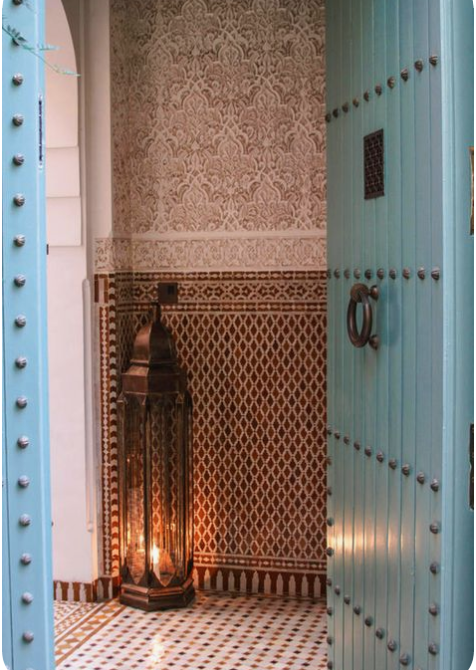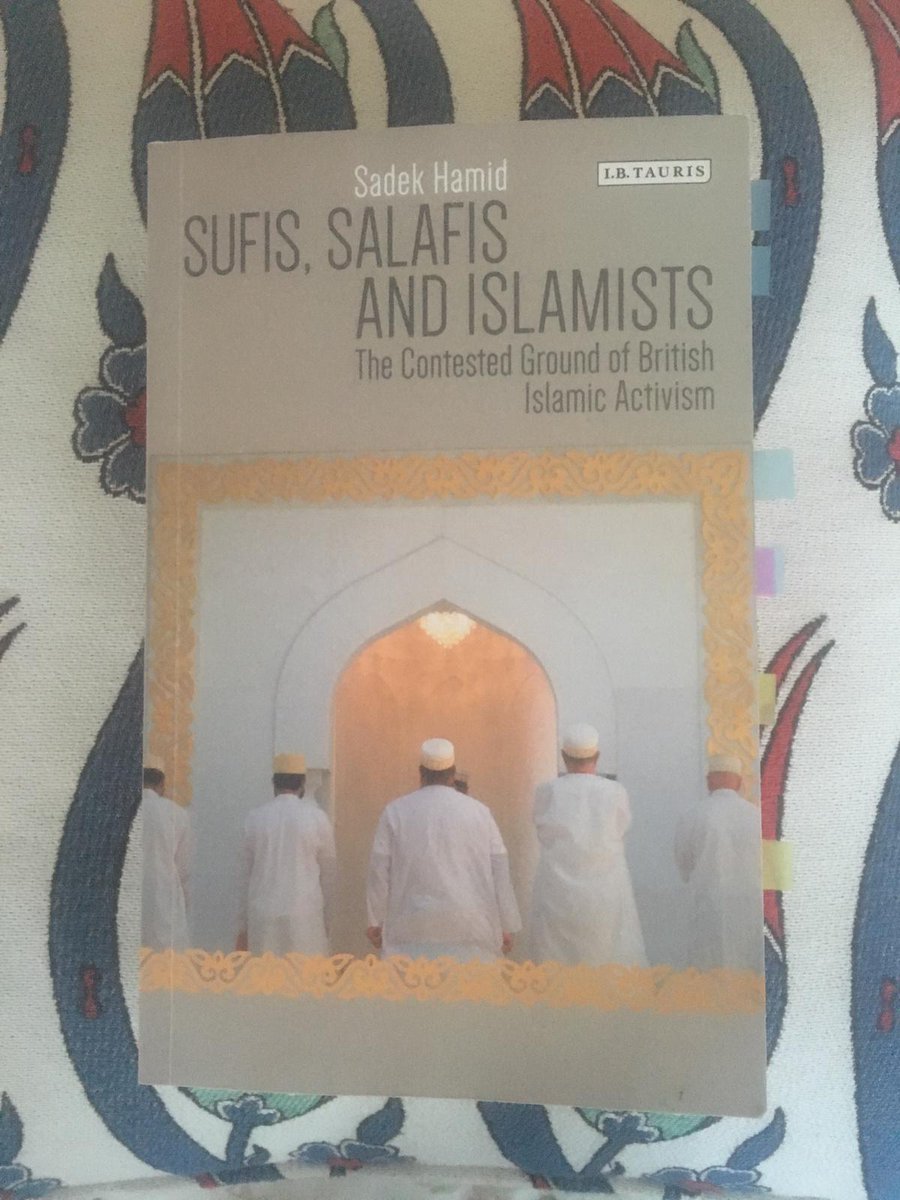
Jameel Research Associate @IslamUKCentre /Economics&Finance @OfficialUoM /PhDinTheology&Religion/Treasurer @BRAIS_UK
How to get URL link on X (Twitter) App


 It traces how the Ḥanafīs developed a sophisticated theory to guide Muslims’ relationship with those who shared an alternative worldview and with regard to their living in non-Muslim lands.
It traces how the Ḥanafīs developed a sophisticated theory to guide Muslims’ relationship with those who shared an alternative worldview and with regard to their living in non-Muslim lands.

 As for practical issues, you’ll need to install two apps on your phone beforehand, if possible. However, they will only work when you get to SA and buy a sim. You can buy this at the airport. A basic sim will do unless you intend to use lots of data.
As for practical issues, you’ll need to install two apps on your phone beforehand, if possible. However, they will only work when you get to SA and buy a sim. You can buy this at the airport. A basic sim will do unless you intend to use lots of data.

 The remembrance [of Allah] removes sadness, despondency, brings about happiness and contentment in the heart. It is also the pathway to the pleasure of Allah, and distances one from the promptings of the devil.
The remembrance [of Allah] removes sadness, despondency, brings about happiness and contentment in the heart. It is also the pathway to the pleasure of Allah, and distances one from the promptings of the devil. 

 1) Association with His essence.
1) Association with His essence. 
 or it was isolated from the rest of the world and it was brought forth etc).
or it was isolated from the rest of the world and it was brought forth etc).

 Contrary to the modern matter of fact imaginings, the author argues that throughout the eighteenth and nineteenth century, the Muslim world was vibrant with creative and ground-breaking intellectual undertakings that restructured Islamic thought.
Contrary to the modern matter of fact imaginings, the author argues that throughout the eighteenth and nineteenth century, the Muslim world was vibrant with creative and ground-breaking intellectual undertakings that restructured Islamic thought.

 @SadekHamid Right away, I can empathise with his concern that within the many trends that exist in Muslim communities in the West there is an urgent need to engage with Islam’s intellectual legacy and to focus on reinvigorating “sophisticated intellectual and philosophical ideas”.
@SadekHamid Right away, I can empathise with his concern that within the many trends that exist in Muslim communities in the West there is an urgent need to engage with Islam’s intellectual legacy and to focus on reinvigorating “sophisticated intellectual and philosophical ideas”.